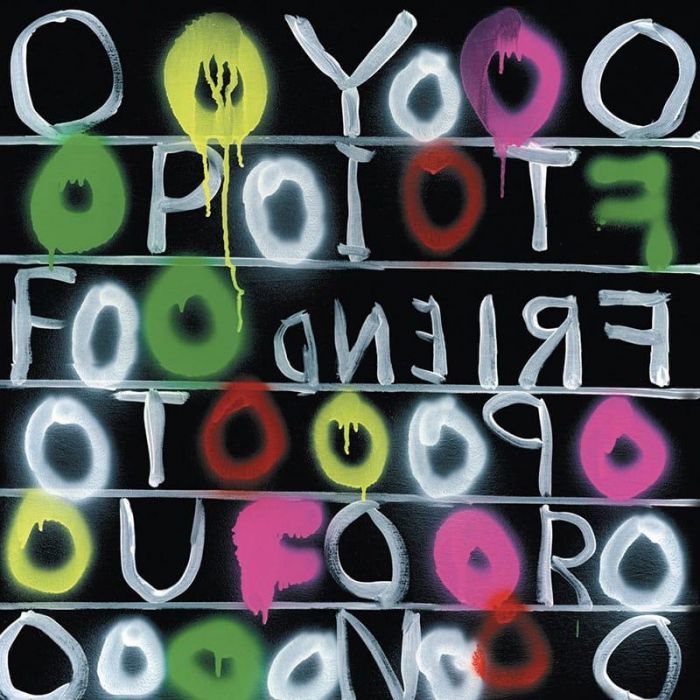Friend Opportunity by Deerhoof (Review)

Every time I listen to Deerhoof’s Friend Opportunity, I find myself growing increasingly fascinated, frustrated, exhilarated, and irritated as I make way through the album’s 36 minutes. Of course, given the fractured, kaleidoscopic nature of Deerhoof’s skewed pop, that’s probably just the way the trio like it.
It’s hard not to get caught up in the infectious nature of such songs as “The Perfect Me” or “Believe E.S.P.” due to the former’s galloping drums and surging organ and the latter’s swaggering guitars and layers of percussion. And of course, there’s Satomi Matsuzaki cooing and spouting out all manner of nonsensical lyrics in that delightfully chirpy voice of hers. Indeed, it’s almost disappointing when something she sings smacks of coherence or comprehension, as if some magical illusion is suddenly dispelled right before our eyes.
But the same things that prove so delightful are, as is usually the case with pop as bent as Deerhoof’s, also Friend Opportunity’s biggest liabilities.
The tendency to change directions at the drop of a hat, to take the songs down every single possible rabbit trail that presents itself, to throw in all manner of strange sounds for seemingly no other reason than because they’re, well, strange — all of these things define Friend Opportunity as much as anything else.
But such an approach can be a two-edged sword. On the one hand, it’s exciting, always keeping the listener on their toes and taking them through unexpected places — always a good thing in this day and age of cleaned up, prepackaged pop. But on the other hand, Deerhoof’s experimentation often seems to serve no other purpose than to show off that the band can, indeed, experiment.
For example, there’s the extended segue during the otherwise-strong “Believe E.S.P.,” during which the band meanders through territory populated by winding organs, trumpet blurts, stuttering rhythms, synthetic gurgles and giggles, cowbells a-plenty, and madrigal vocals. Or the section immediately following “Cast Off Crown“ ‘s supremely catchy intro, which finds the song stuck in neutral, shifting through all manner of electronic squiggles.
And the less said about the nearly 12-minute closer “Look Away” — which explores all of the rabbit trails that the band didn’t go down in the previous nine songs — the better.
To their credit, Deerhoof’s charm and sense of whimsy are usually more than enough to successfully pull off some of the album’s more difficult maneuvers — or at least prove endearing enough to the listener that they’re willing to sit through such moments in hopes that, just around the bend, there lies yet another surprise that will put the grin back on their face.